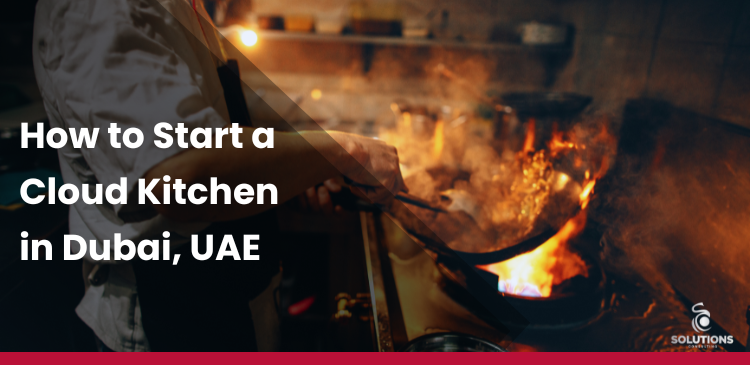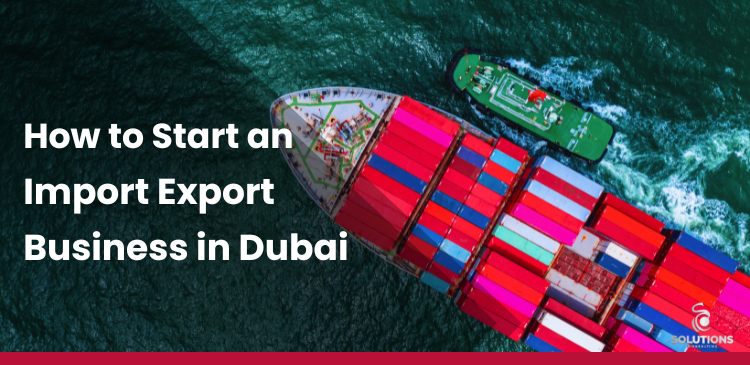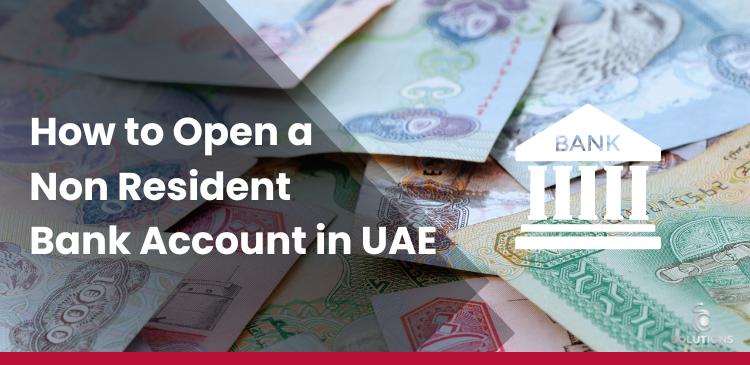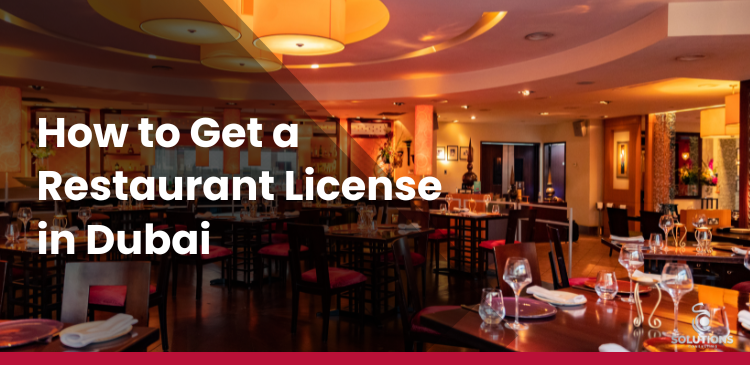As the food and beverage industry evolves, cloud kitchens, also known as virtual kitchens or ghost kitchens, have become an increasingly popular business model. These kitchens offer entrepreneurs an excellent opportunity to cater to a large customer base without the need for a physical dining space.
The rapidly expanding food delivery culture, especially in urban areas like Dubai, has made cloud kitchens an attractive option for aspiring restaurateurs. In this article, we will discuss how to start a cloud kitchen in Dubai, the licenses required, benefits, and associated costs.
What is a Cloud Kitchen?
A cloud kitchen is a restaurant model where food is prepared and delivered to customers exclusively through online platforms, without the traditional dine-in experience.
In essence, a cloud kitchen operates from a centralized kitchen facility that serves multiple delivery orders via food delivery apps such as UberEats, Zomato, or Talabat. The focus is purely on preparing meals for delivery, with no need to cater to a sit-down clientele.
Cloud kitchens can operate as independent brands or host multiple brands within one kitchen space. This flexibility allows business owners to experiment with different cuisines or food concepts without the overheads associated with traditional restaurants. With the rise of online food delivery services, cloud kitchens have become a vital part of the modern food and beverage landscape.
Benefits of Starting a Cloud Kitchen in Dubai
Starting a cloud kitchen in Dubai presents several advantages, thanks to the city’s booming food delivery market, its diverse population, and the growing demand for convenient dining solutions.
Let’s explore some of the key benefits of establishing a cloud kitchen in Dubai:
- No Need for Infrastructure: One of the major advantages of cloud kitchens is that they do not require expensive infrastructure like dine-in spaces, furniture, or décor. All you need is a well-equipped kitchen, reducing the setup costs significantly.
- Large Audience Pool: Dubai’s cosmopolitan population offers a large and diverse audience for cloud kitchens. With food delivery apps widely used, you can tap into this massive market and cater to different demographics and tastes.
- Expansion Opportunities: Since cloud kitchens operate virtually, expanding your business into new areas or offering multiple food brands under one roof is easier and more cost-effective than in a traditional restaurant setup.
- Low Risk, High Profits: The financial risk is lower compared to traditional restaurants because cloud kitchens eliminate the need for costly real estate, staff, and utilities associated with dine-in services. This makes it easier to achieve profitability quicker.
- Easily Manageable: With no front-of-house operations to worry about, cloud kitchens are generally easier to manage. You can focus on delivering high-quality food efficiently while leveraging delivery platforms for customer service and logistics.
What Kind of Licenses Do You Require to Start a Cloud Kitchen in Dubai?

Just like any other business in Dubai, starting a cloud kitchen requires obtaining certain licenses to ensure legal compliance. These licenses are necessary to regulate food safety, hygiene, and business operations. Here are the two key licenses required:
1. Trade License
A trade license is mandatory for any business operating in Dubai. For a cloud kitchen, you need to apply for a trade license that permits food preparation and delivery services. This license is issued by the Department of Economic Development (DED) in Dubai, or by the relevant Free Zone authority if you are setting up your cloud kitchen within a free zone.
To apply for a trade license, you will need to submit:
- A business plan outlining your cloud kitchen concept
- Passport copies of the business owner(s)
- Proposed kitchen location
- A completed trade name registration form
- Once the application is reviewed and approved, you will receive your trade license, allowing you to legally operate your cloud kitchen in Dubai.
2. Food License
In addition to the trade license, you will also need a food license issued by the Dubai Municipality. The food license ensures that your kitchen meets all necessary food safety and hygiene standards set by the local authorities. It includes checks on the kitchen layout, food storage practices, and handling procedures.
To obtain a food license, you will need:
- A kitchen layout plan
- Information about your food sourcing and suppliers
- Details of your food preparation process
- Evidence that your kitchen meets health and safety regulations
- The Dubai Municipality will conduct an inspection of your kitchen to ensure it adheres to local hygiene and safety standards before issuing the license.
Learn more about how to get a restaurant license in Dubai.
How to Start a Cloud Kitchen in Dubai [Steps]
Starting a cloud kitchen in Dubai involves several steps, from conceptualizing your business idea to acquiring licenses and setting up your kitchen. Here’s a breakdown of the key steps:
1. Conduct Market Research
Before starting your cloud kitchen, conduct thorough market research to understand the food preferences and demands in Dubai. Identify your target audience, their tastes, and what types of cuisines are popular in the area. This will help you determine the right menu and business model.
2. Develop a Business Plan
A detailed business plan is crucial for the success of your cloud kitchen. Outline your kitchen concept, target market, competitive analysis, marketing strategies, budget, and operational plan. This plan will also be essential when applying for a trade license.
3. Choose a Location
Location is critical for your cloud kitchen, even though you won’t have dine-in customers. Your kitchen should be strategically located in areas with high demand for food delivery, ensuring that your meals can be delivered quickly and efficiently. A central location will help reduce delivery times and costs.
4. Get the Required Licenses
As mentioned earlier, you will need to apply for both a trade license and a food license to legally operate your cloud kitchen in Dubai. Ensure all paperwork is properly filed, and your kitchen meets the food safety standards set by the authorities.
5. Set Up the Kitchen
Once your licenses are secured, it’s time to set up the kitchen. You’ll need to invest in kitchen equipment, storage facilities, and packaging materials. Since cloud kitchens focus on efficiency, optimizing the kitchen layout for smooth operations is essential.
6. Partner with Delivery Platforms
To reach your customers, you need to partner with food delivery platforms like UberEats, Zomato, Talabat, or Deliveroo. Register your cloud kitchen with these platforms, and ensure your menu is listed accurately. Many cloud kitchens choose to operate on multiple platforms to maximize their reach.
7. Create a Marketing Strategy
Develop a marketing plan that promotes your cloud kitchen through various channels. Leverage social media, food influencers, and discounts on delivery platforms to attract customers. Consider launching an initial promotional campaign to build brand awareness and loyalty.
8. Start Operations
Once everything is in place, you can officially start your cloud kitchen operations. Focus on maintaining food quality, timely delivery, and customer satisfaction to build a loyal customer base and ensure steady growth.
How Much Does It Cost to Start a Cloud Kitchen in Dubai?
The cost of starting a cloud kitchen in Dubai can vary depending on several factors, such as the location, size of the kitchen, equipment, licenses, and marketing expenses. Generally, the initial investment for a small to medium-sized cloud kitchen can range from AED 75,000 to AED 200,000.
Factors Affecting the Cost:
- Location: If your cloud kitchen is located in a prime area, the rental costs will be higher. Choosing a cost-effective location with good access to delivery services can help reduce expenses.
- Kitchen Equipment: Investing in high-quality kitchen equipment and appliances is crucial for efficient operations. Equipment costs will depend on the scale of your menu and the volume of orders.
- Licensing and Permits: The fees for trade licenses and food licenses will vary depending on whether you set up your kitchen in a free zone or mainland Dubai. Additional permits may be required for food delivery services.
- Staffing: Hiring qualified chefs, kitchen staff, and delivery personnel will contribute to the overall cost. Salaries in Dubai’s food industry are competitive, so factor in the cost of labor.
- Marketing: Promoting your cloud kitchen through digital marketing, social media ads, and special offers on delivery platforms will incur additional costs. Effective marketing is essential for driving customer acquisition and retention.
By carefully managing these factors and optimizing your kitchen’s operations, you can control the costs and enhance profitability. You can consult SolutionsFZCO for direct guidance.
Consult with Solutions FZCO Business Setup
Setting up a cloud kitchen in Dubai can be a complex process, but with the right guidance, you can navigate the legal and operational aspects smoothly. Solutions FZCO Business Setup specializes in helping entrepreneurs launch their cloud kitchen businesses by providing end-to-end support, from obtaining licenses to finding the ideal kitchen location.
By consulting with experts, you can ensure that your cloud kitchen is compliant with Dubai’s regulations and set up for success.
Frequently Asked Questions
Is Cloud Kitchen Allowed in Dubai?
Yes, cloud kitchens are allowed in Dubai. The local authorities encourage innovative business models, including cloud kitchens, as long as they comply with food safety and business regulations.
Do I Need a License to Sell Homemade Food in Dubai?
Yes, selling homemade food in Dubai requires a license, even if you are selling on social media platforms. To sell homemade food, you need the ‘Home Food Processing Trade License’.







